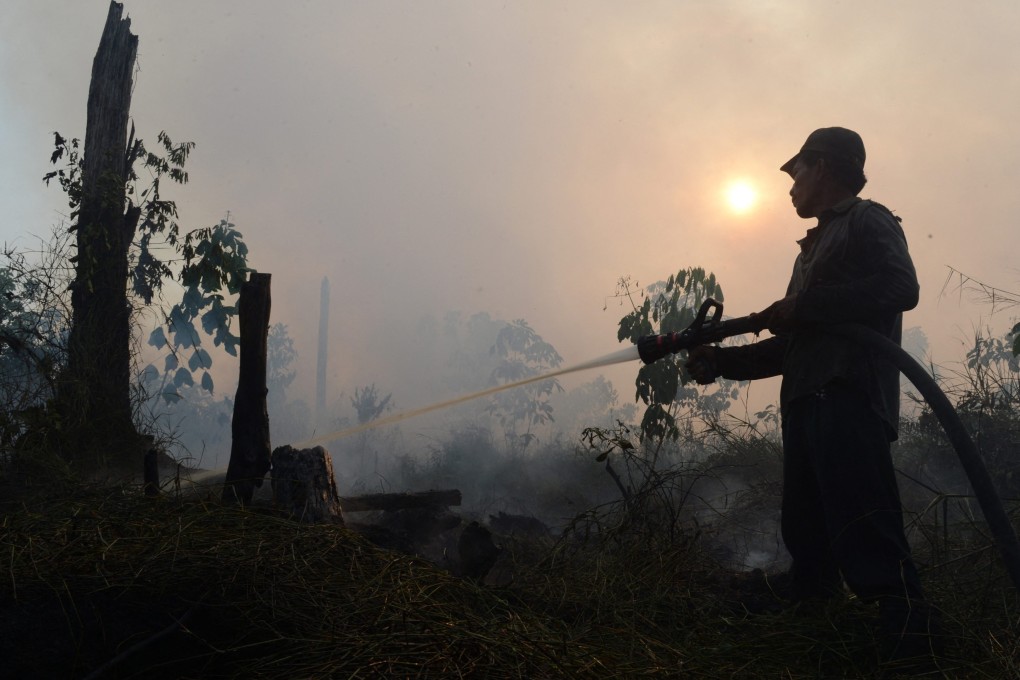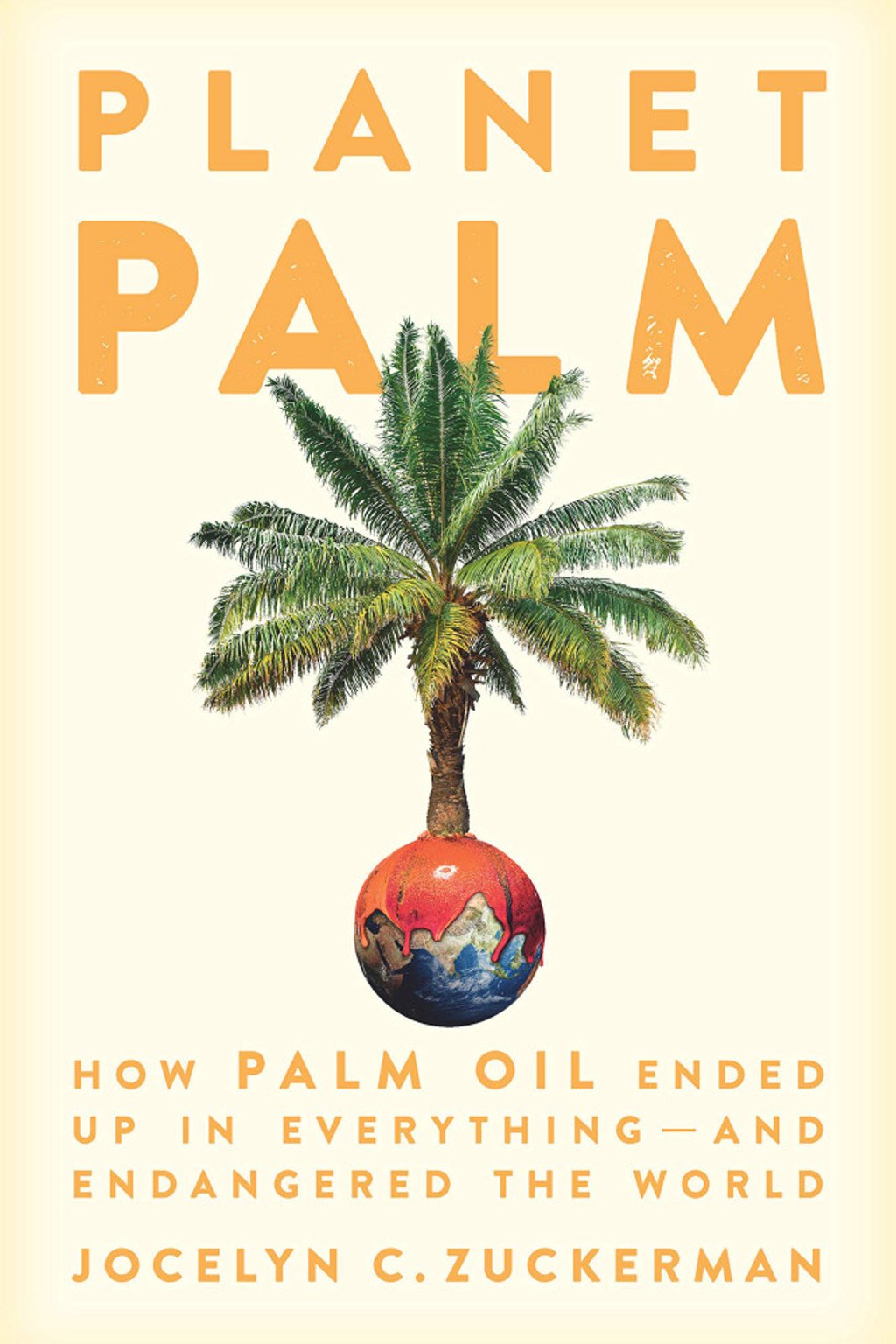Review | Palm oil, poster child for globalisation’s wrongs, and its part in forest destruction, modern slavery and the obesity epidemic
- How can cultivating a seemingly benign commodity, present in half the food Americans eat, be responsible for so many ills, Jocelyn Zuckerman asks in Planet Palm
- She traces its roots in ruthless colonialism and growth at the hands of rapacious multinationals, and asks if Covid-19 has awoken us to its pernicious effects

Planet Palm by Jocelyn C. Zuckerman, pub. The New Press
The first time my mind turned to the problem of palm oil was during the summer of 2015, when international headlines described a greasy, black cloud improbably covering much of Southeast Asia. Billowing, acrid smoke from Indonesian wildfires cloaked the region, choking cities and people from Sumatra to Singapore, up the Malaysian peninsula as far north as southern Thailand.
The infernos swallowed more than 2.6 million hectares of jungle and other land – an area more than 20 times the area of Hong Kong – obliterating habitat for orangutans and other endangered wildlife and spewing tonnes of greenhouse gases into the sky. An arid El Niño fed and fanned the flames, but the disaster’s origin had none of the same natural innocence: most of the fires, it turns out, were lit by oil palm farmers turning wilderness into palm groves.
The story of how a commodity as seemingly benign as vegetable oil could cause such a world-altering conflagration – and several other evils besides – is at the heart of Planet Palm: How Palm Oil Ended Up in Everything – And Endangered the World, by award-winning American food journalist Jocelyn Zuckerman. The book, a product of years of research and incorporating material from some of the author’s earlier reporting, offers a mostly clear-eyed view of a food-industry darling gone wrong.

On a planet still reeling from the malignant worldwide reach of Covid-19, the book’s critical look at some of the worst shortcomings of globalisation is sure to find a sympathetic audience.
Palm oil, explains the author, is now one of the globe’s most common foodstuffs, present in about half of all products in American grocery stores and accounting for a third of total vegetable-oil consumption around the world. Its production has more than doubled in just the past 15 years, and oil palm plantations – mostly carved from wildlife-rich forests in Indonesia and Malaysia – now cover an area larger than Cambodia. Altogether, people now plough through 72 million tonnes of the stuff each year – about 9kg of palm oil per human – supporting a US$65 billion-a-year industry.